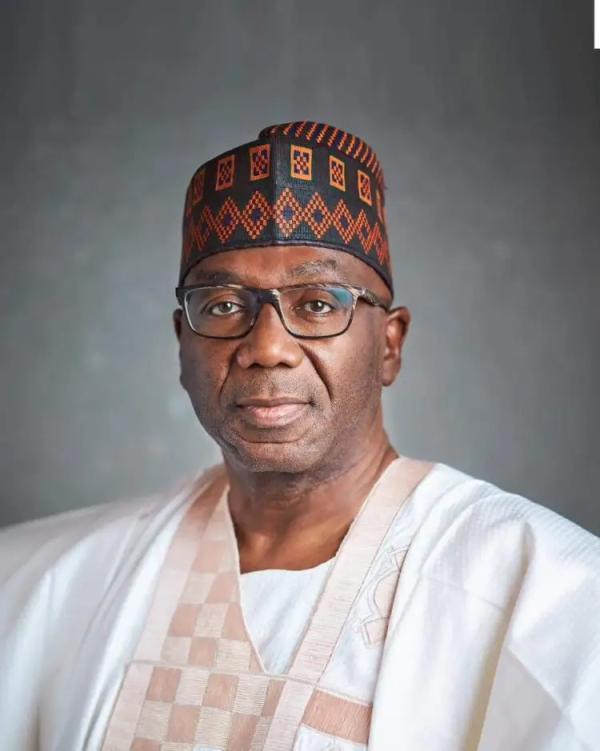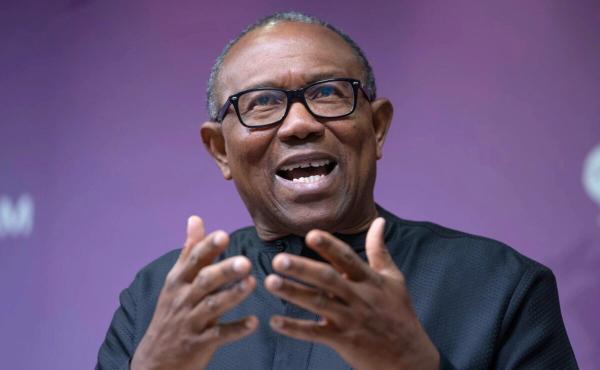
The Federal Government has announced that Nigerian History will once again be a compulsory subject in the basic education curriculum. Officials say the policy aims to strengthen national identity, promote unity, and instill patriotism and civic responsibility among students.
A statement to this effect on Wednesday night by the Director of Press and Public Relations of the Federal Ministry of Education said, “Minister of Education, Dr. Maruf Tunji Alausa, and Minister of State for Education, Prof. Suwaiba Sai’d Ahmad, announced the policy on Wednesday, September 17, thanking President Bola Ahmed Tinubu for driving the reform under the Renewed Hope Agenda.”
“They explained that, for the first time in decades, pupils will study Nigerian History continuously from Primary 1 to Junior Secondary School 3, JSS3,” the statement added.
At the senior secondary level, students will study a newly introduced subject called Civic and Heritage Studies, which blends Nigerian History with Civic Education. The revised curriculum will cover topics such as the country’s origins, notable figures, culture, political and economic developments, geography, religions, colonial rule, and post-independence governance. Junior Secondary students will also learn about early Nigerian civilisations, pre-colonial states, West African empires, European contact, amalgamation, independence struggles, and democratic governance, alongside civic lessons to promote national unity.
The ministers described the reform as a “priceless gift to the nation,” highlighting that it will reconnect students with their heritage and encourage pride and responsibility. They emphasized that “embedding civic education in the curriculum would equip learners with the values needed to respect diversity, uphold institutions, and contribute positively to society.”
“The Education Ministry has released the revised curriculum for Primary and Junior Secondary levels and said it will partner with stakeholders to provide resources, retrain teachers, and monitor implementation. The federal government urged parents, educators, and communities to support the initiative, which it described as a shared responsibility in raising disciplined and patriotic citizens,” the statement further read.




















